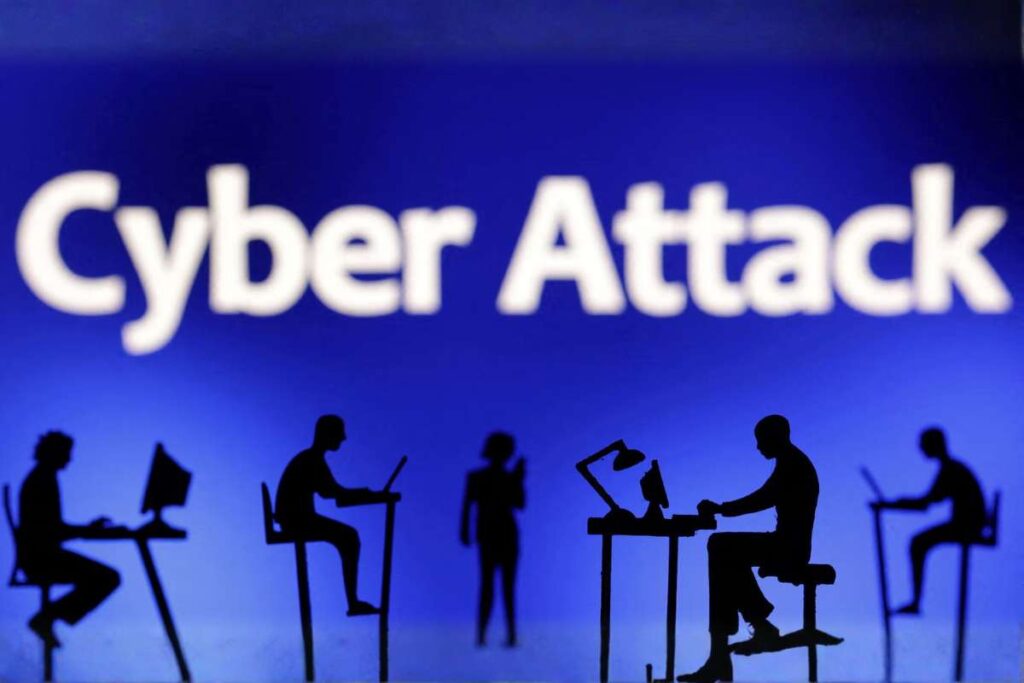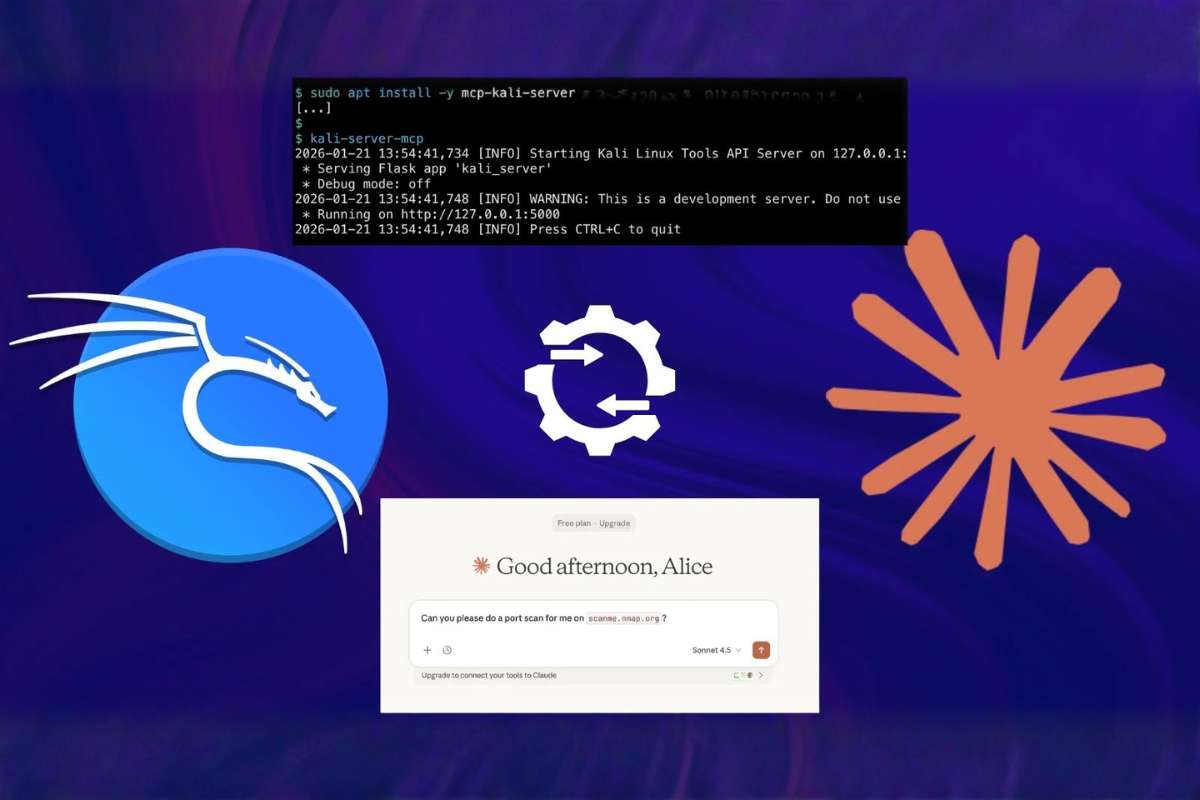( Source-www.linkedin.com_.jpg)
Cybersecurity experts are highlighting a significant rise in ransomware threats prompt in recent years, emphasizing the need for advanced defensive measures. As organizations grapple with escalating threats, the role of artificial intelligence (AI) in cybersecurity is becoming increasingly prominent.
Rising Ransomware Threats Prompt and AI Integration
According to James Gerber, CFO of SimSpace, modern organizations must operate under the assumption that cyber attackers will breach their defenses. “Any serious organization today presumes a breach,” Gerber noted. “The key is to detect the intrusion quickly and contain any potential damage.” In response, many companies are leveraging AI to enhance their cybersecurity strategies.
Bruce Caulkins, Cyber Range Director at Cyber Florida, pointed out the growing importance of AI in combating cyber threats. “To counter AI-driven attacks, it makes sense to employ AI for defense,” Caulkins explained. SimSpace, a leader in cyber defense training, utilizes AI to simulate network environments and adversaries. This approach enables organizations to refine their response capabilities through synthetic data.
Government and Private Sector Responses
AI’s role extends beyond private companies to government agencies, which also employ AI for various functions such as healthcare and transportation. Senator Mark Kelly of Arizona stressed the need for robust tools to counteract the growing cyber threats prompt. “It’s our responsibility in Congress to ensure agencies are equipped to defend against these evolving risks,” Kelly said.
Rep. Mike Waltz from Florida emphasized that adversaries, particularly China and Russia, exploit AI technology to target U.S. entities. “Our technology is advanced, but adversaries leverage AI through their private sectors,” Waltz observed. He highlighted the need for improved collaboration between government and private sectors to stay ahead of these threats.
Tech giants like Microsoft and IBM are integrating AI into their platforms to enhance security. Microsoft uses AI to identify risky sign-ins and detect malware, while IBM focuses on threat detection and user verification. “In the U.S., there are barriers between government and the private sector,” Waltz noted. “Our adversaries use their private sectors as extensions of their government, which poses a significant challenge.”
Policy and Future Outlook
In response to the growing cyber threat landscape, President Biden signed an executive order last year aimed at enhancing the use of AI for cybersecurity. The order outlines the development of AI tools and efforts to help Americans recognize AI-driven attacks such as phishing scams. “AI presents both immense risks and opportunities for our society, economy, and national security,” Biden remarked.
Gerber added that AI-generated content in emails and other communications requires careful scrutiny to avoid falling victim to sophisticated phishing attempts. As AI technology evolves, government agencies report facing millions of cyberattacks daily, underscoring the need for continuous innovation in cybersecurity practices.
Senator Kelly highlighted the broad spectrum of challenges facing national security, including advancements in AI, quantum computing, and hypersonic missile systems. “We must continually innovate to stay ahead of our adversaries,” Kelly asserted, emphasizing the importance of staying proactive in the ever-evolving cyber threat landscape.
Also Read : CyberPro Magazine






